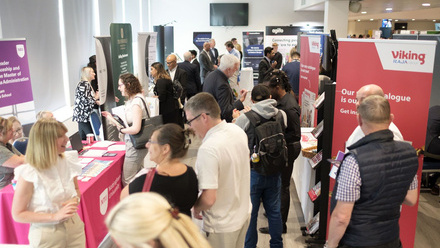Understanding certified translation in the UK
What does it mean to have a translation certified and when do you need one? Christina Allen explains.
Certified translations tend to be used mostly for legal documents and formal procedures. They are most often required when it is necessary to prove the conformity of a document in one language with its original in another.
Examples of documents requiring certified translation
- Birth certificates
- Marriage certificates
- Death certificates
- Employment contracts
- Certificates of No Criminal Conviction
- Academic transcripts and university degrees
- Immigration and visa documentation
- Work permits
- Court documents
Certified translation systems
You may be surprised to hear that the United Kingdom does not have its own formal certified translation system in place unlike other countries. Let's take Spain as an example: an official translator in Spain must sit exams set by the Spanish Ministry of Foreign Affairs and once they have passed them the candidate obtains 'sworn status'. They are then added to a list of accredited translators who can produce official translations for use in Spain.
The situation in the UK is unregulated, however, official organisations frequently stipulate that a 'certified translation' should be done by a member of a professional translation body such as the Institute of Translation and Interpreting (ITI) or the Chartered Insitute of Linguists (CIOL). Therefore, you need to enlist the services of a certified translator. The skills of someone who simply knows two languages will not cut the mustard no matter how good their translation abilities may be.
What is an 'official' or certified translator?
In the UK, an 'official' or certified translator is a professional who has been admitted to the ITI or CIOL, having passed their stringent admission requirements and are held to high standards by professional associations. One place you can find a certified translator is on ITI's Find a Professional web page.
Quality translations
Choosing a qualified and registered translator minimises the risk of errors and omissions and you can take confidence in the quality of the translations they provide. Official translations are often difficult and throw up very specific terms requiring time-consuming research. And translators tend to be highly competent researchers. Your chosen translator will also add a statement of truth to the work stating that the translation is a true and accurate.
The personal touch
When it comes to the personal touch, so much care goes into the whole certified translation package. From meeting clients in person to checking every last detail, certified translators provide a vital service to the public, without which some official procedures and administrative paperwork cannot go ahead.







